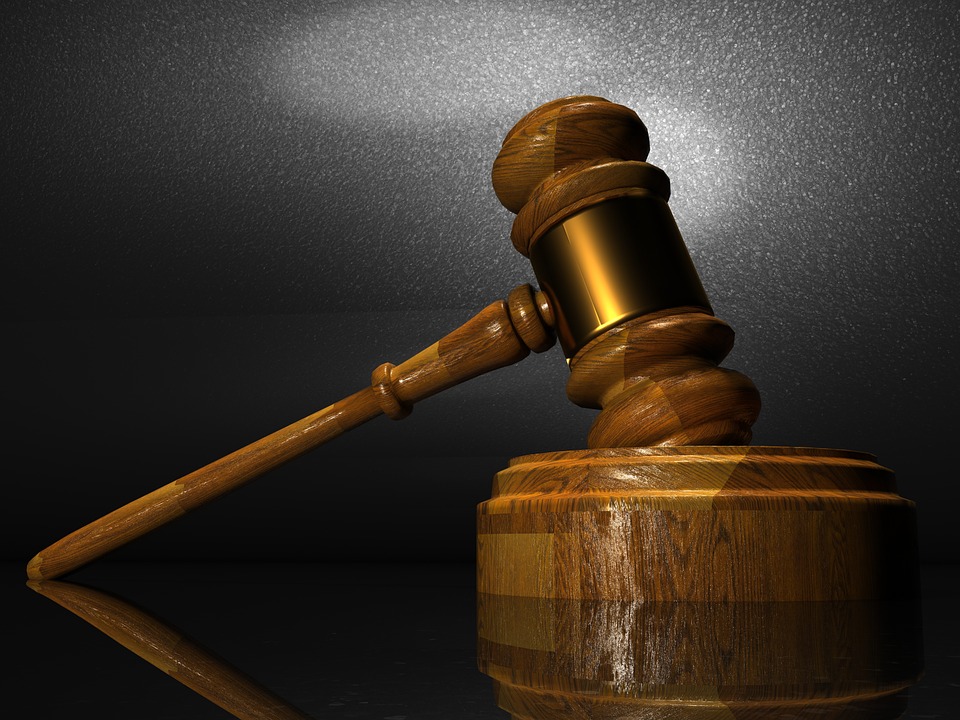
Q: I recently broke things off with a boyfriend. He then posted three sexually explicit images of me online without my consent. It is humiliating, among other things, and I want to know how the law treats this kind of sickening behavior.
Confidential, Irvine
Ron Sokol
A: Revenge porn is the intentional distribution of one or more explicit or sexual images or videos without the consent of the person shown, when doing so causes the person to suffer serious emotional distress. Another way of describing it would be “non consensual pornography.” It is a crime under California Penal Code Section 647(j)(4), but civil remedies and damages also can be pursued. A criminal conviction for revenge porn is punishable by up to six months in jail and a fine of up to $1,000. In a civil case, you can seek a restraining order and injunction against the other party, and monetary damages for the harm caused.
Q: A friend — or rather, a “former friend” — posted a photo of me online as a prank. The photo shows me nude in a suggestive pose. He has since deleted the post and apologized, but isn’t what he did illegal? Do I just let it go?
S.C., Long Beach
A: Revenge porn requires intent; this means the person knowingly placed the photograph or image online, and knew or should have known doing so would cause the subject to suffer serious emotional distress.
Related Articles
If assaulted, can I protect myself with force? Ask the lawyer
Can the number of Supreme Court justices be increased? Ask the lawyer
When does juror misconduct nullify a guilty verdict? Ask the lawyer
What is covered by Medicare? Ask the lawyer
You indicate the former friend claims, “It was just for fun — a prank!” Arguably, that might provide a defense, but how credible is his assertion? In effect, he insists he did it just to “spoof” you, not to cause you alarm or distress. Given the description of the photo, could someone really be that reckless and/or shortsighted to think posting it was harmless?
While I am glad you say the post was deleted, and that he has apologized, one option is that you sit down with the police and make a report, if not also consult with qualified counsel. Isn’t there a likelihood someone else saved the image, or perhaps sent it to others? Will it surface again? Did he return the image to you and promise he will never publish it again in the future? In sum: Take steps to protect yourself.
Ron Sokol has been a practicing attorney for over 35 years, and has also served many times as a judge pro tem, mediator, and arbitrator. It is important to keep in mind that this column presents a summary of the law, and is not to be treated or considered legal advice, let alone a substitute for actual consultation with a qualified professional.
